Related Topics
Assessing seafood’s potential to reduce global hunger, improve health
With the right investments and protections, “blue foods”—seafood including fish, molluscs, and aquatic plants—can reduce hunger and improve nutrition globally, according to Harvard Chan School's Christopher Golden.
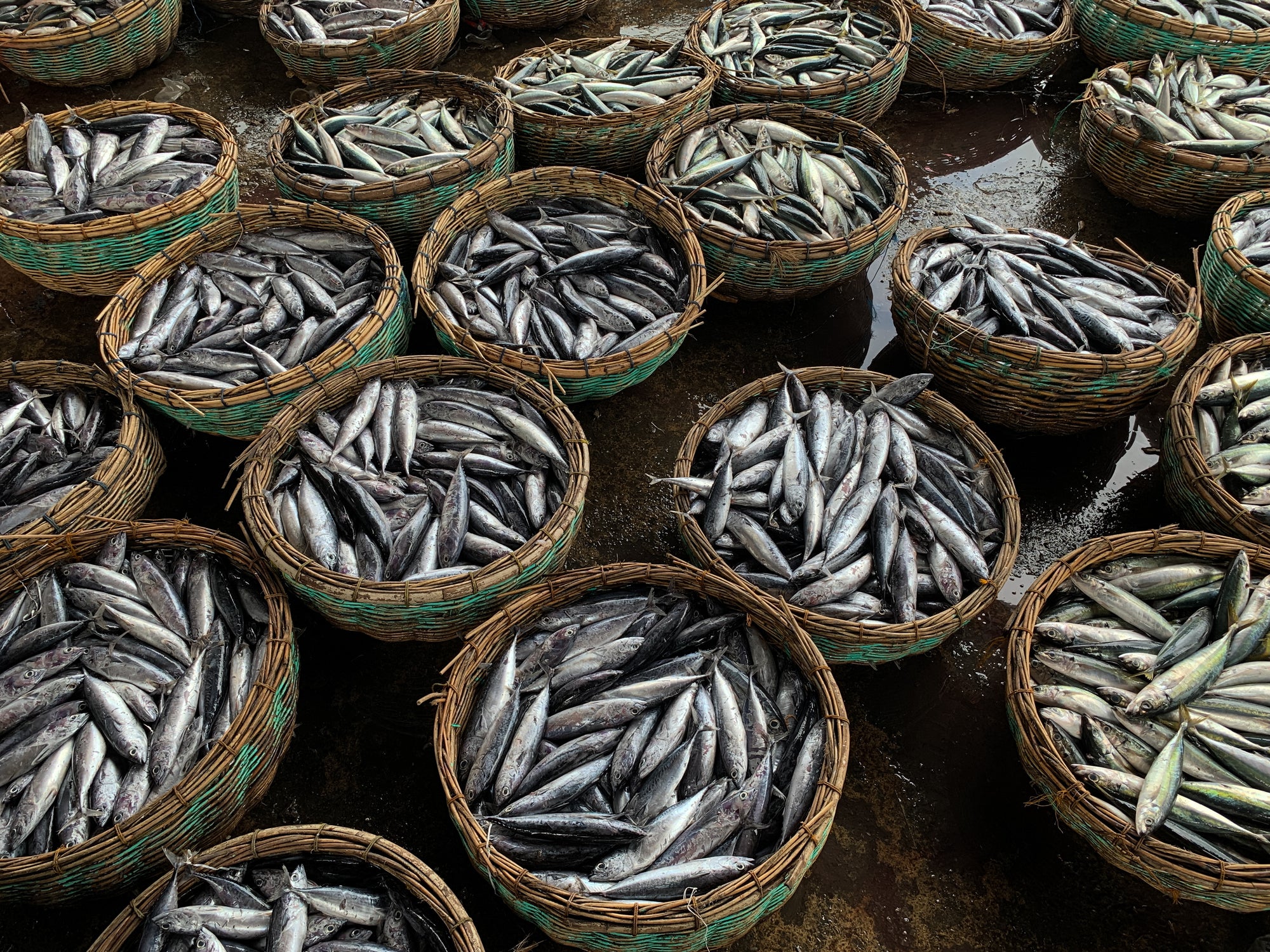
Vitamin D supplements alone may not improve children’s bone health
Vitamin D supplementation in children can boost their levels of the nutrient, but does not appear to reduce their risk of bone fractures, according to a clinical trial.

Is cottage cheese healthy?
While a recent trend on social media touts cottage cheese as a healthy food, people should be aware that it may contain high levels of sodium and fat, according to experts at Harvard Chan School.
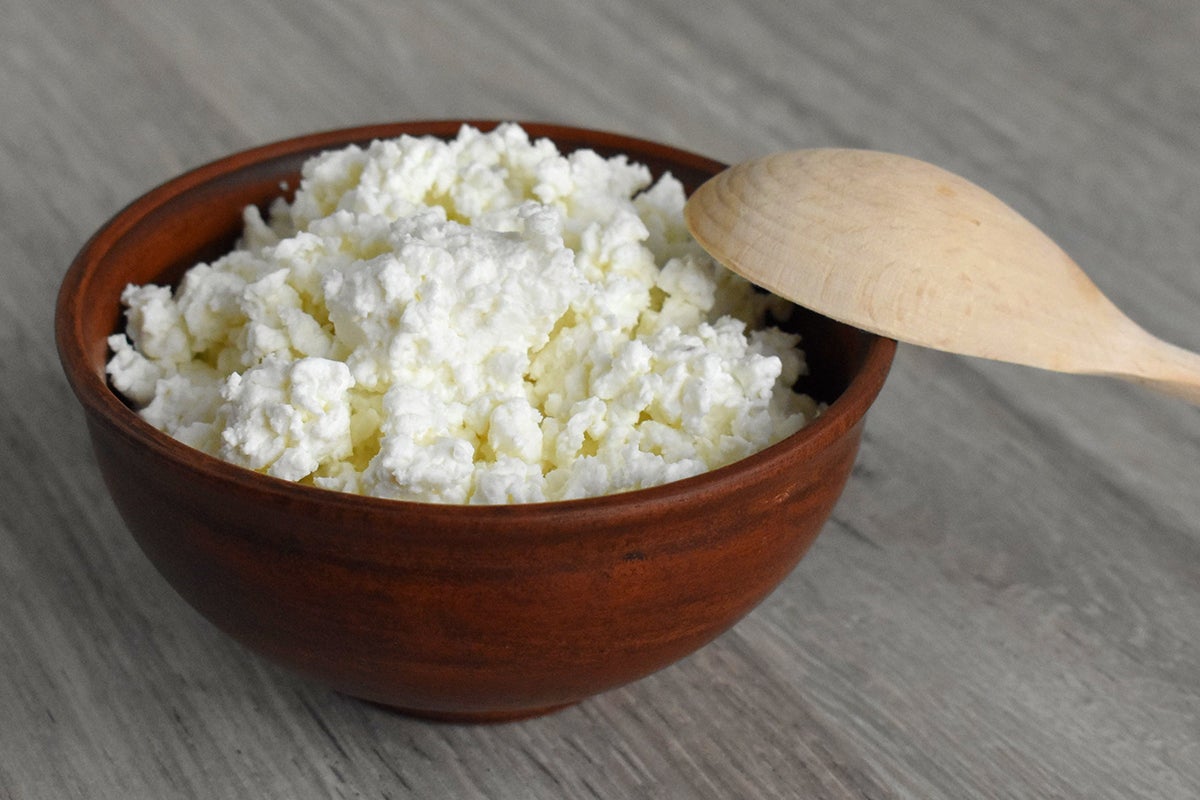
Daily multivitamin may improve memory in older adults
Taking a daily multivitamin may improve memory and help slow cognitive decline in older adults, according to a new study co-authored by researchers at Harvard Chan School.
Debating the role of Epstein-Barr virus in multiple sclerosis
A January 2022 study from Harvard Chan School found strong evidence of a link between Epstein-Barr virus (EBV) and multiple sclerosis (MS). But experts quoted in a November 21 Undark article were mixed on how big a role…
Prenatal micronutrient supplementation could reduce noncommunicable diseases in children
Scaling up prenatal micronutrient supplementation could have population-wide benefits for the next generation.
Chloride
Chloride is a mineral naturally found in various foods, but our main dietary source is sodium chloride, otherwise known as table salt. Chloride carries an electric charge and therefore is classified as an electrolyte, along with sodium and…
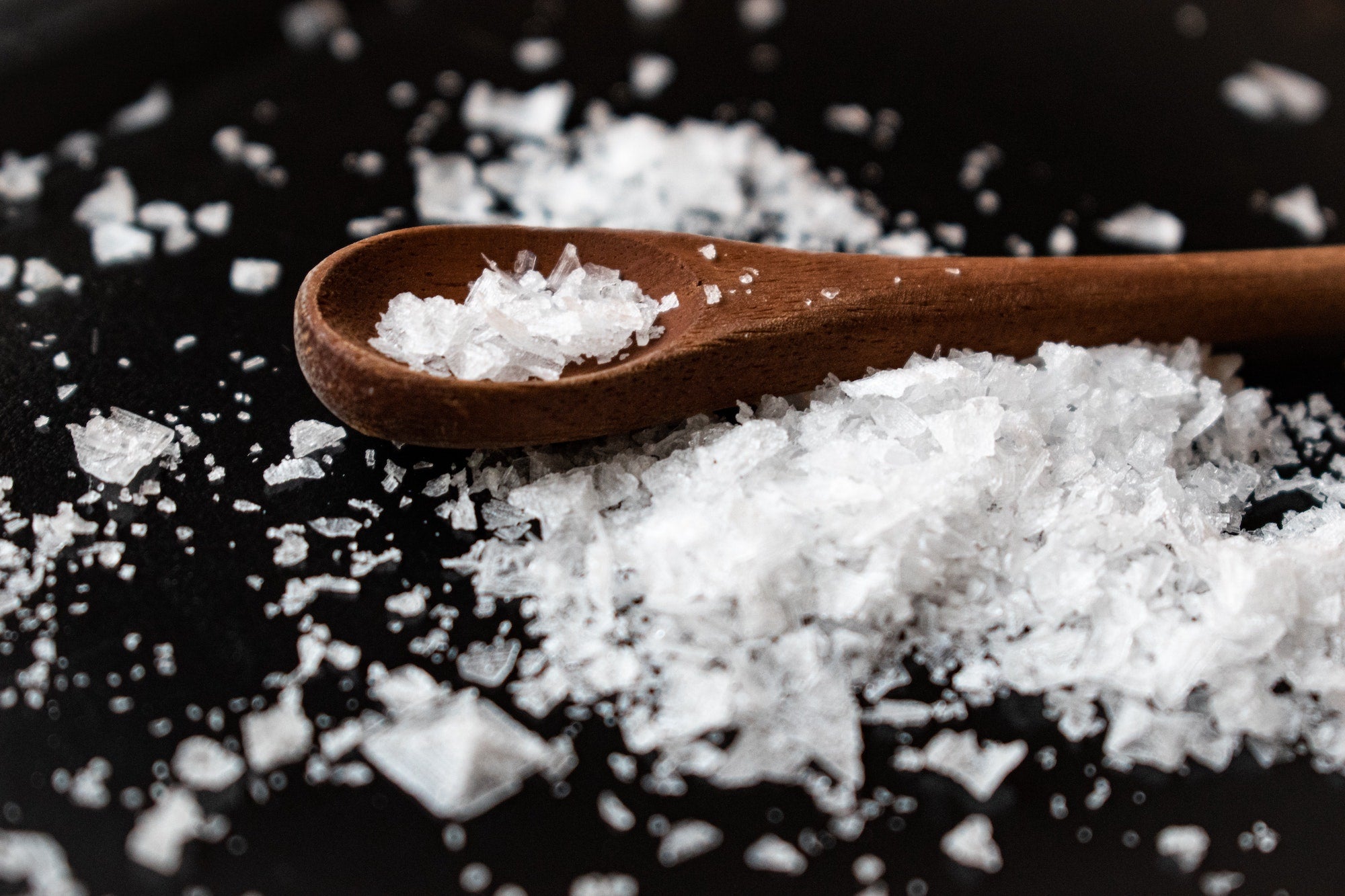
Molybdenum
Molybdenum is an essential trace mineral that occurs naturally in foods and is available in supplements. It is a component of four different enzymes in the body that help break down proteins, alcohol, drugs, and toxins. Molybdenum-containing enzymes…
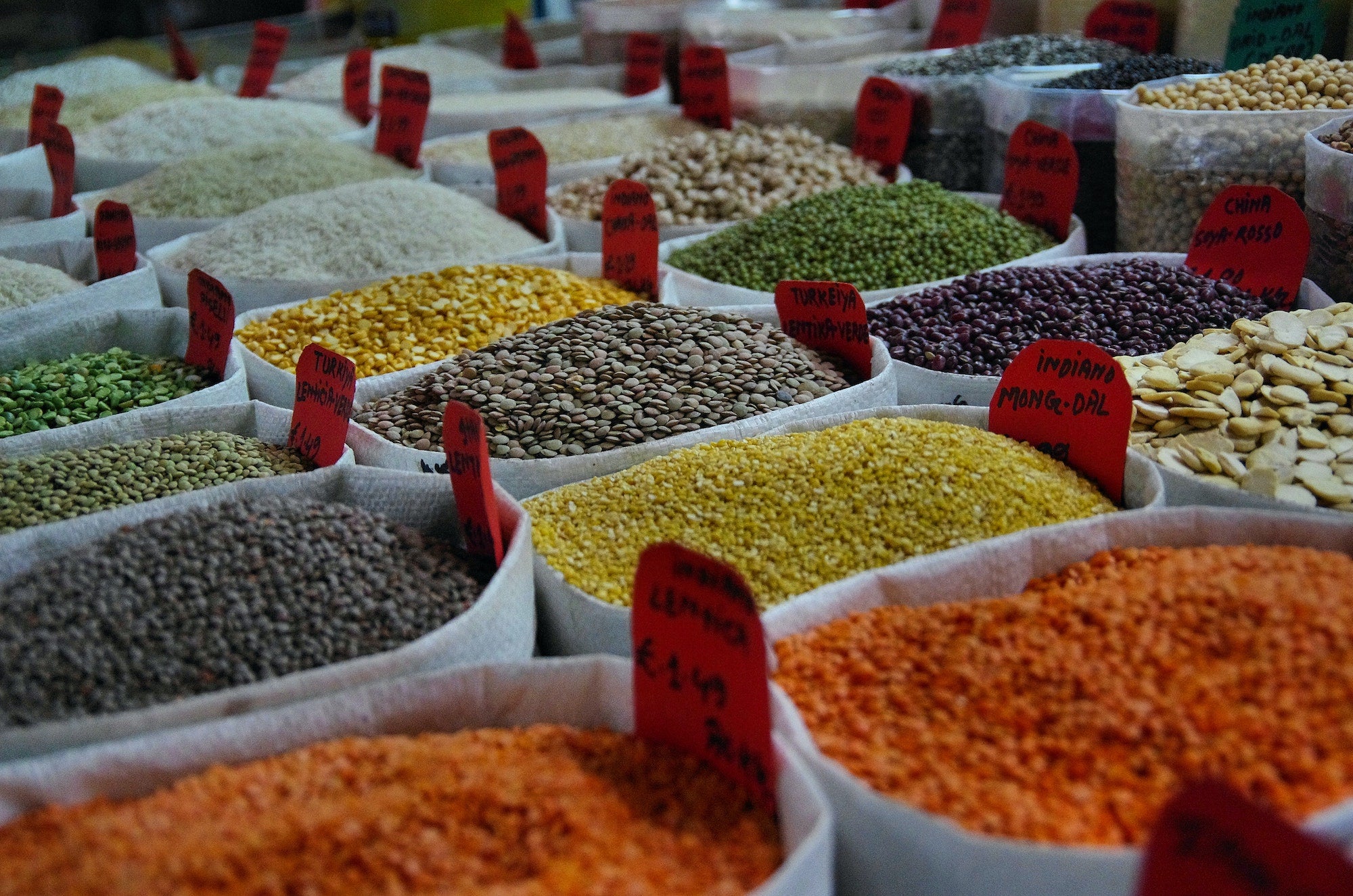
Copper
Copper is a naturally occurring metal found in soil, water, and rocks. Nutritionally, it is an essential trace mineral found in some foods and in supplements. It works to assist various enzymes that produce energy for the body,…
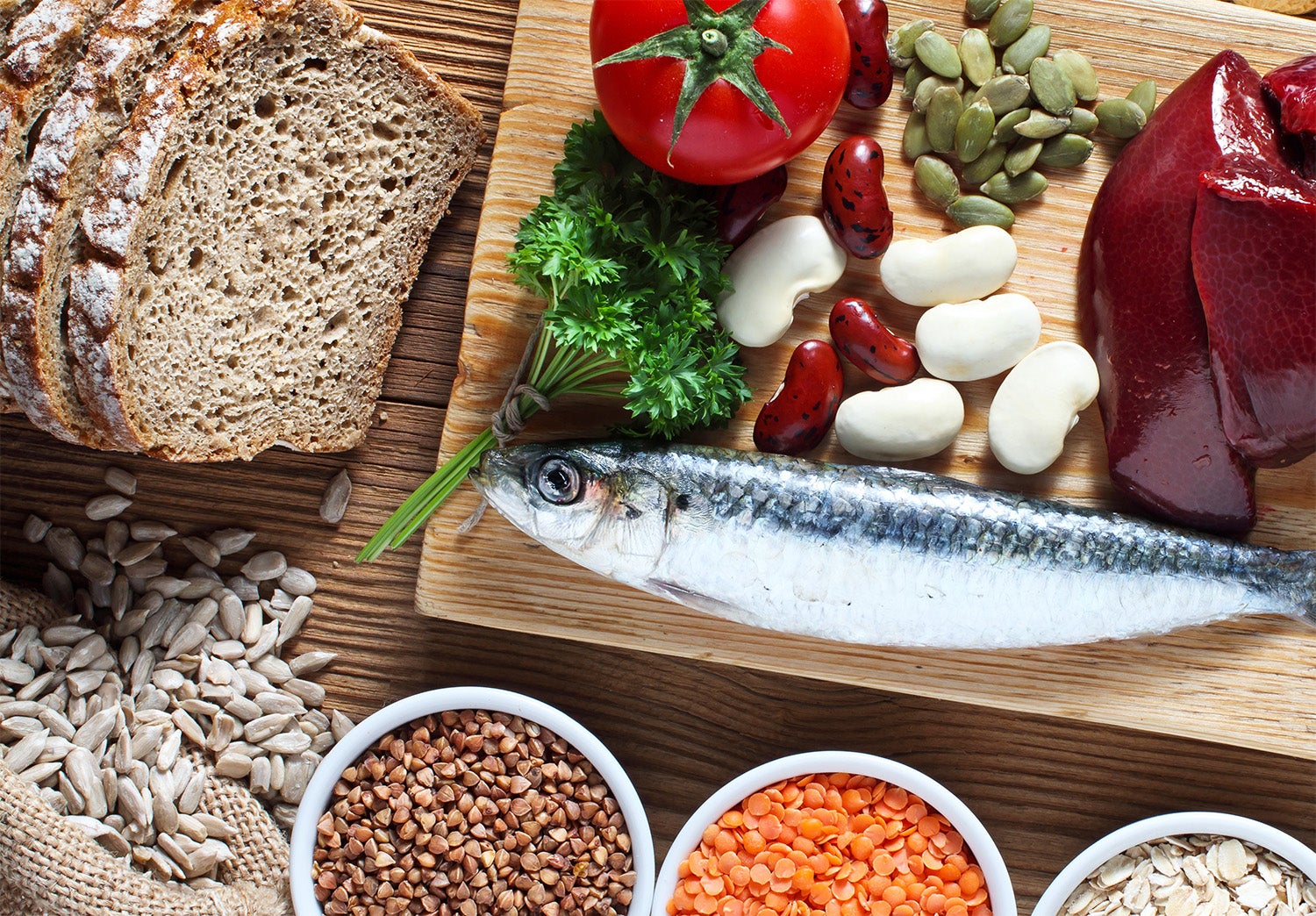
A closer look at multivitamins
Harvard Chan School researcher says that she would not discourage anyone taking a multivitamin, but that “multivitamins and other supplements will never be a substitute for a healthful diet.”
